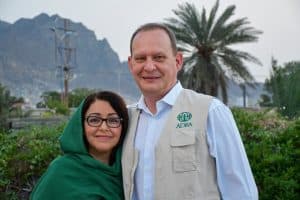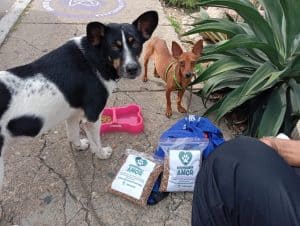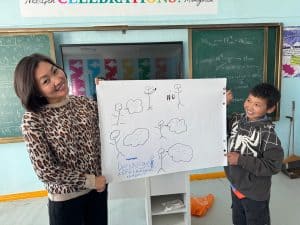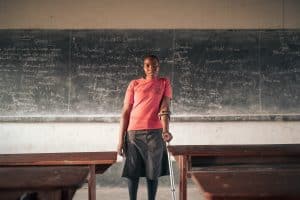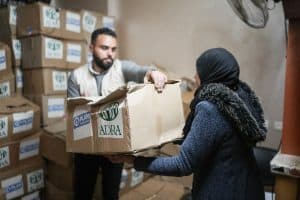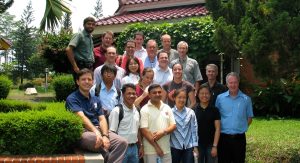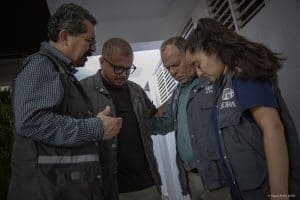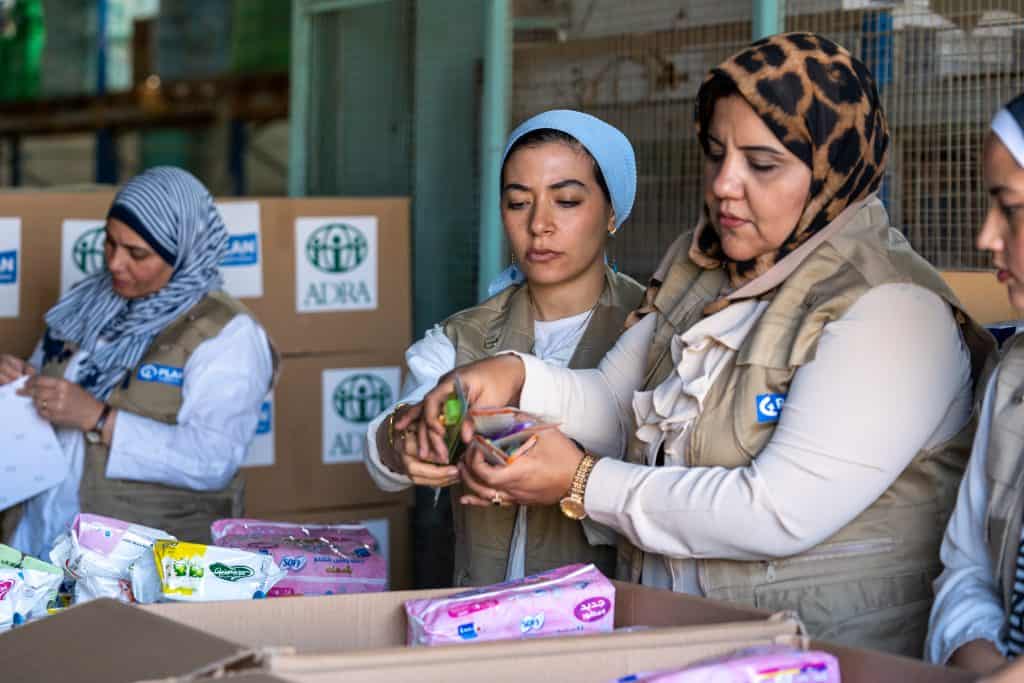
SILVER SPRING, MD (December 16, 2024) – The Adventist Development and Relief Agency (ADRA) continues ramping up its emergency response across the Middle East, where ongoing political shifts and fragile ceasefire efforts impact vulnerable communities. The region continues to grapple with dire humanitarian crises, with thousands of lives lost and many others affected, particularly women and children.
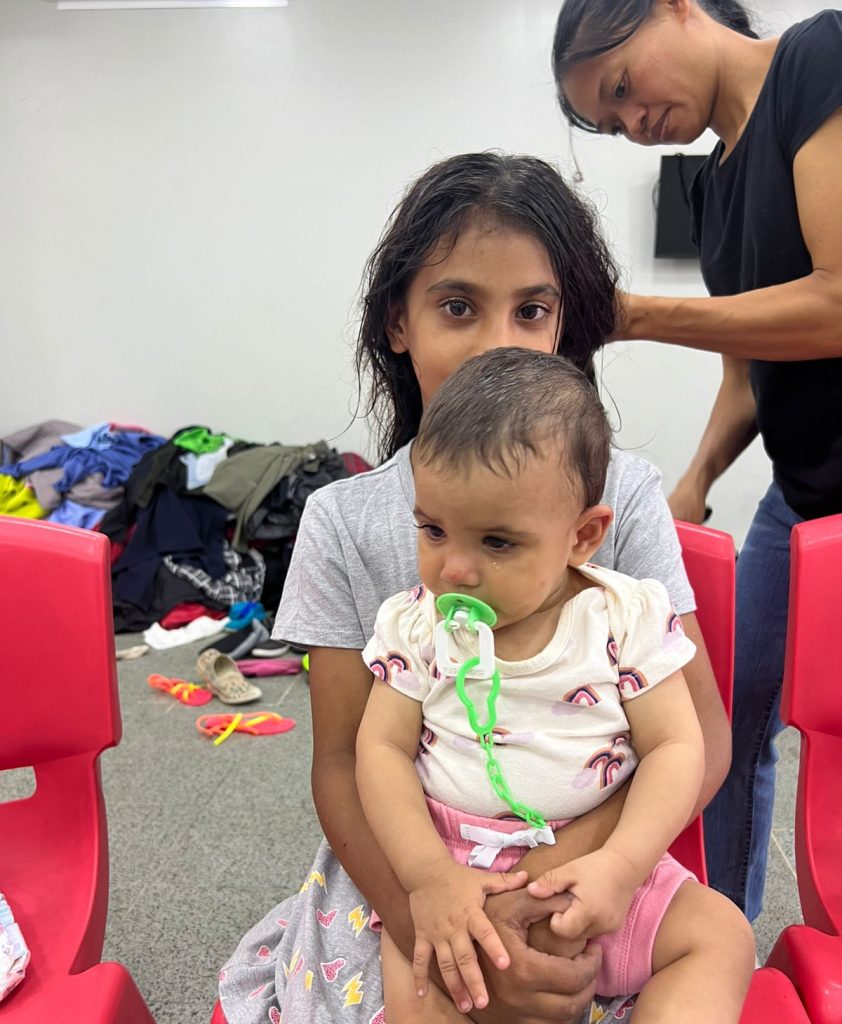
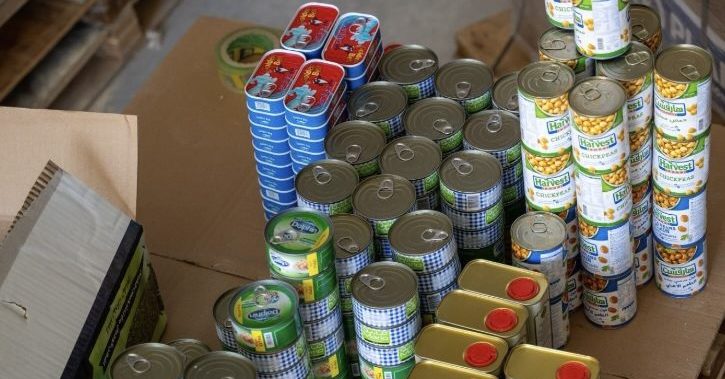
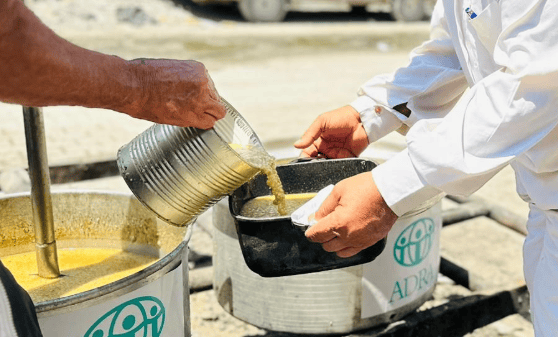
Since the conflict’s escalation, the United Nations and local authorities estimate that over 12 million people have been displaced, with that number expected to rise in the coming months. In response, ADRA is leading efforts to provide urgent humanitarian aid, including food, shelter, education, and psychosocial support.
“ADRA is working closely with national and international partners to ensure a coordinated, effective response to the growing humanitarian crisis in the Middle East. The conflict, compounded by the region’s ongoing economic crisis, is severely straining basic services and deepening the needs of vulnerable families, children, and individuals. As we face the approaching winter months, ADRA remains committed to offering both immediate relief and long-term recovery, helping communities survive and rebuild their lives,” says Nagi Khalil, ADRA country director. “Our focus is on shelter rehabilitation, essential food and water distribution, and protection services while staying flexible to adapt our response as the situation evolves.”
Humanitarian Crisis Overview
According to the UN Refugee Agency (UNHCR), more than 16 million people across the region are in urgent need of humanitarian assistance and protection. The combination of ongoing conflict and recent natural disasters has further shattered already fragile communities, pushing them to the brink. The crisis is especially dire, with critical sectors such as education, healthcare, and water infrastructure suffering severe damage, exacerbating the vulnerability of affected populations.
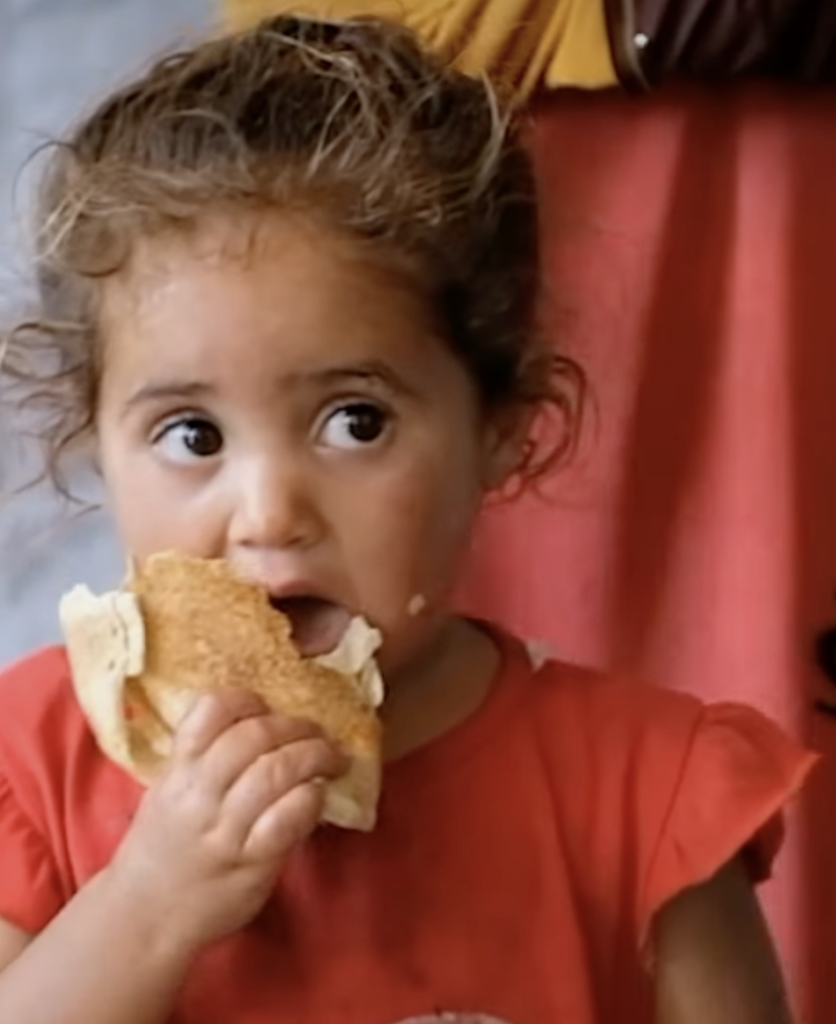
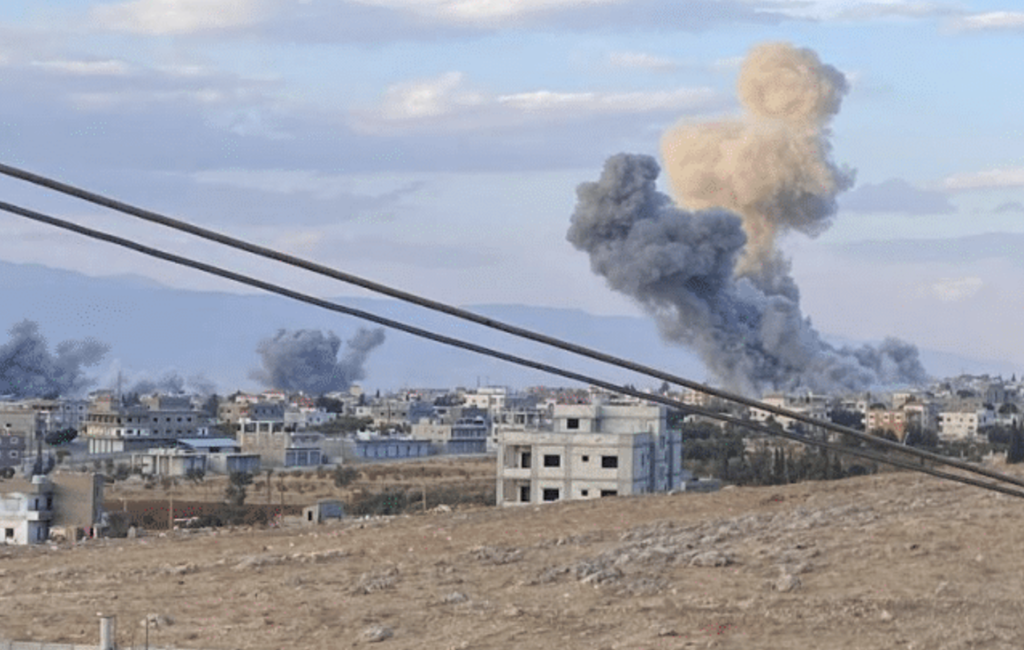
Key Statistics:
- Internal Displacement: Nearly 1.5 million people are internally displaced, including 95,000 refugees who sought safety in Lebanon after fleeing other regions.
- Schools: Over 7,000 schools have been destroyed or damaged, and more than 1,300 schools have been closed due to insecurity and destruction, leaving millions of children without access to education.
- Healthcare: More than 133 health clinics and hospitals have been damaged or destroyed, and over 40% of healthcare facilities in the region are non-functional, leaving millions without essential medical care.
- Water and Sanitation: 36 water facilities have been damaged, affecting nearly half a million residents, while 13 million people urgently need access to water, sanitation, and hygiene services.
- Shelter: Close to 200,000 people are living in 1,173 overcrowded shelters, many at full capacity. Additionally, 473,000 people have crossed into affected territories requiring urgent shelter, food, and hygiene support.
- Refugees: Over 5 million refugees from the Middle East are currently residing in neighboring countries, including Lebanon, Turkey, and Jordan, further straining regional resources.
Key Statistics:
- Internal Displacement: Nearly 1.5 million people are internally displaced, including 95,000 refugees who sought safety in Lebanon after fleeing other regions.
- Schools: Over 7,000 schools have been destroyed or damaged, and more than 1,300 schools have been closed due to insecurity and destruction, leaving millions of children without access to education.
- Healthcare: More than 133 health clinics and hospitals have been damaged or destroyed, and over 40% of healthcare facilities in the region are non-functional, leaving millions without essential medical care.
- Water and Sanitation: 36 water facilities have been damaged, affecting nearly half a million residents, while 13 million people urgently need access to water, sanitation, and hygiene services.
- Shelter: Close to 200,000 people are living in 1,173 overcrowded shelters, many at full capacity. Additionally, 473,000 people have crossed into affected territories requiring urgent shelter, food, and hygiene support.
- Refugees: Over 5 million refugees from the Middle East are currently residing in neighboring countries, including Lebanon, Turkey, and Jordan, further straining regional resources.
These figures are expected to rise as the crisis deepens, underscoring the urgent need for coordinated humanitarian efforts to address the escalating needs of displaced populations and affected communities.
ADRA’s Response in the Middle East
ADRA has been a vital presence in the Middle East, providing life-saving assistance to vulnerable populations for more than 20 years and following the devastation caused by the 2023 earthquakes. Despite recent security concerns and a temporary suspension of operations in some regions due to political transitions, ADRA is expanding its efforts. The global agency continues collaborating with humanitarian partners to meet the most urgent needs of internally displaced persons (IDPs) and affected communities, focusing on food security, shelter, healthcare, education, water, and psychosocial support.
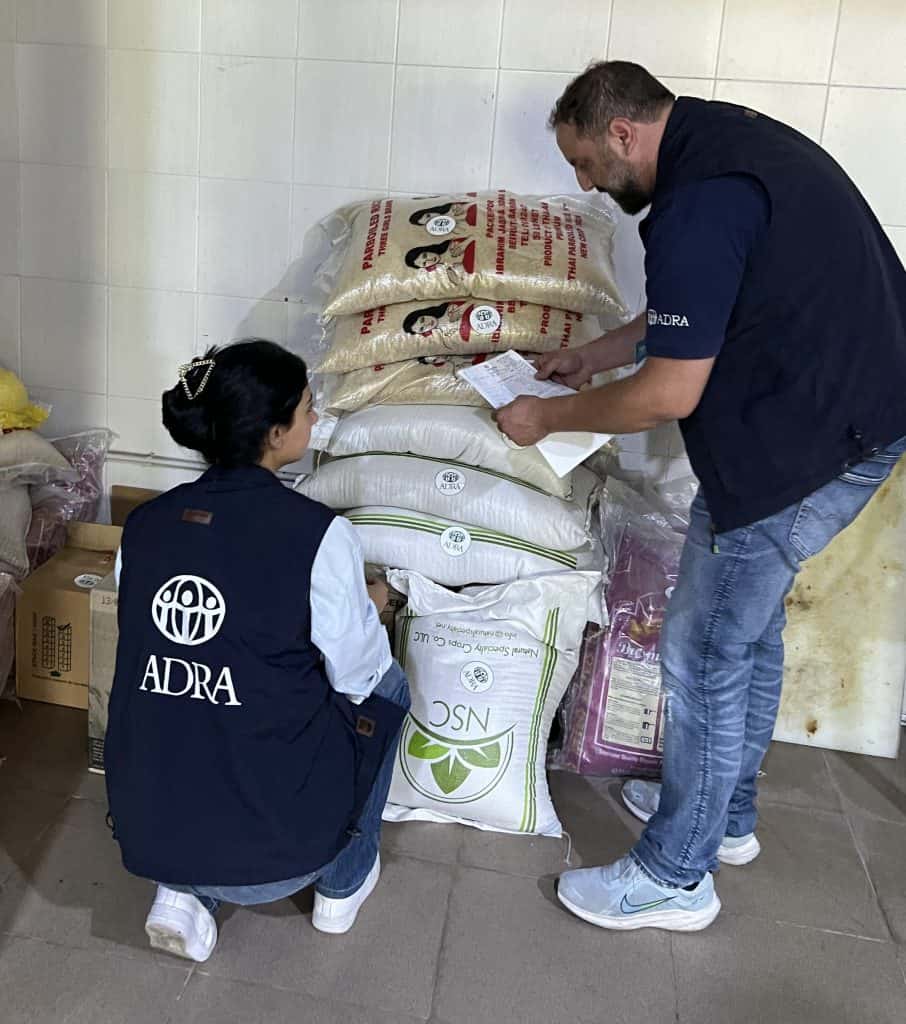
Key activities include:
Food Assistance and Livelihood Support
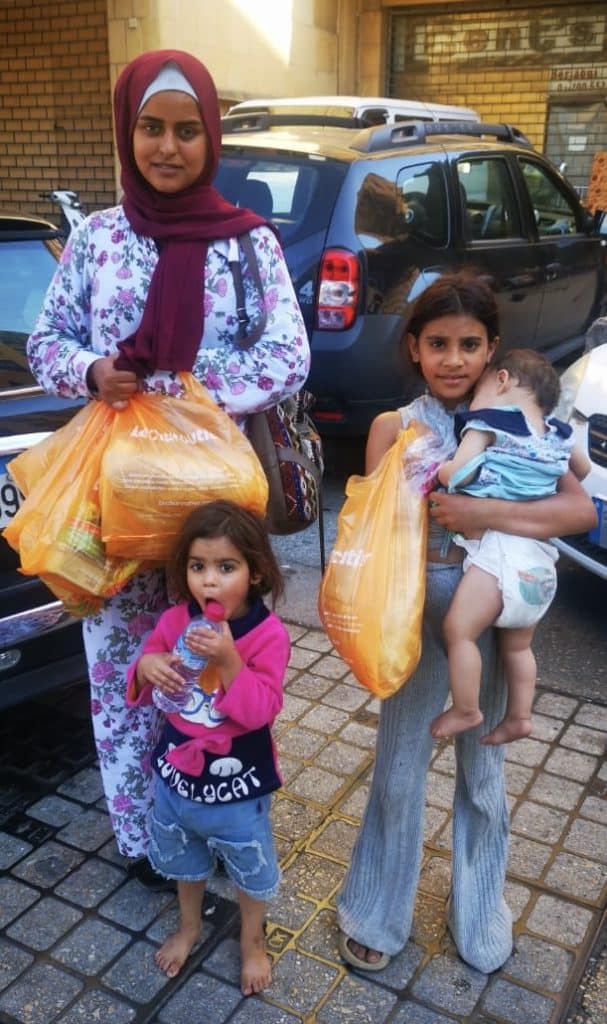
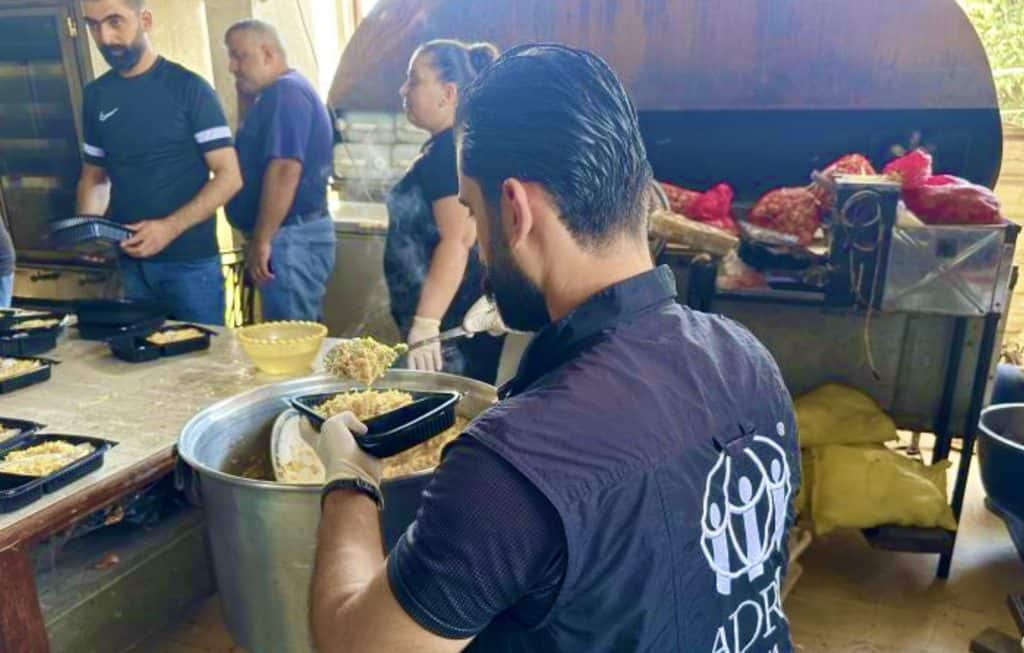
- Food Assistance: Distribution of food to shelters, including places of worship and schools hosting displaced families.
- Electronic Food Vouchers: Providing e-cards that allow vulnerable individuals—such as the elderly, pregnant women, children under five, and people with disabilities—to purchase food tailored to their specific needs.
- Hot Meals: Delivery of food and materials for hot meals at local kitchens for families in need.
Shelter and Infrastructure Rehabilitation
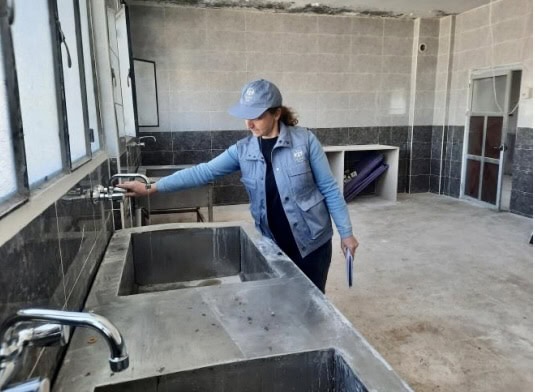
- Shelter Rehabilitation: Essential repairs at shelter facilities, improving living conditions, and preventing disease outbreaks.
- Cash for Minor Repairs: Cash assistance for families to repair damaged homes and support their recovery.
- Restoration of Communal Kitchens: Especially in collective shelters, benefiting female-headed households and people with disabilities.
Education and Psychosocial Support
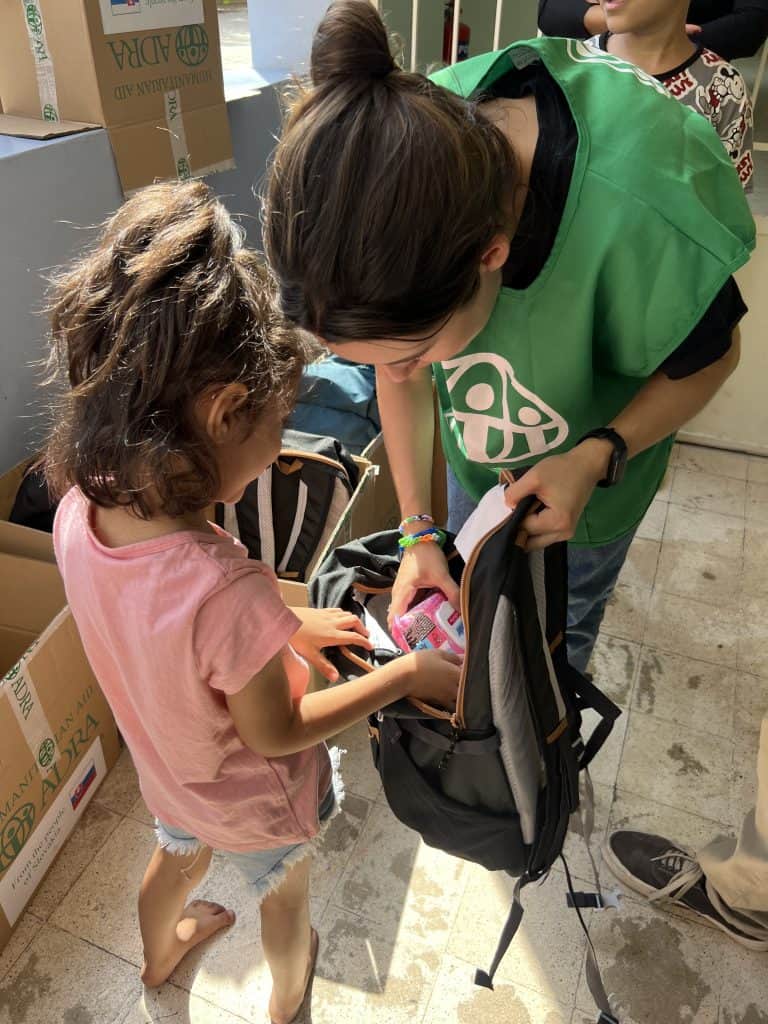
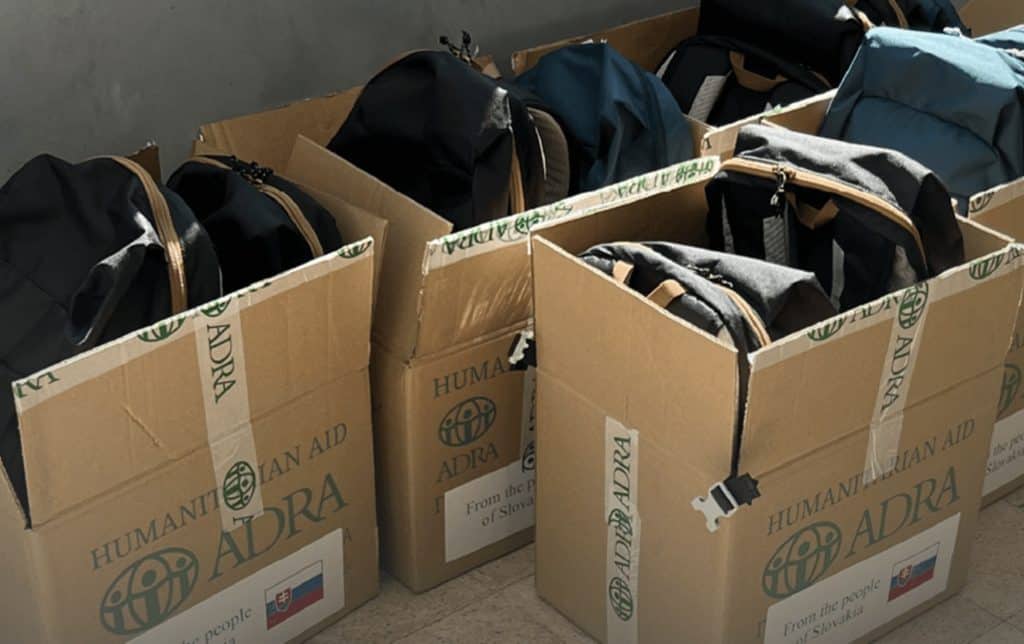
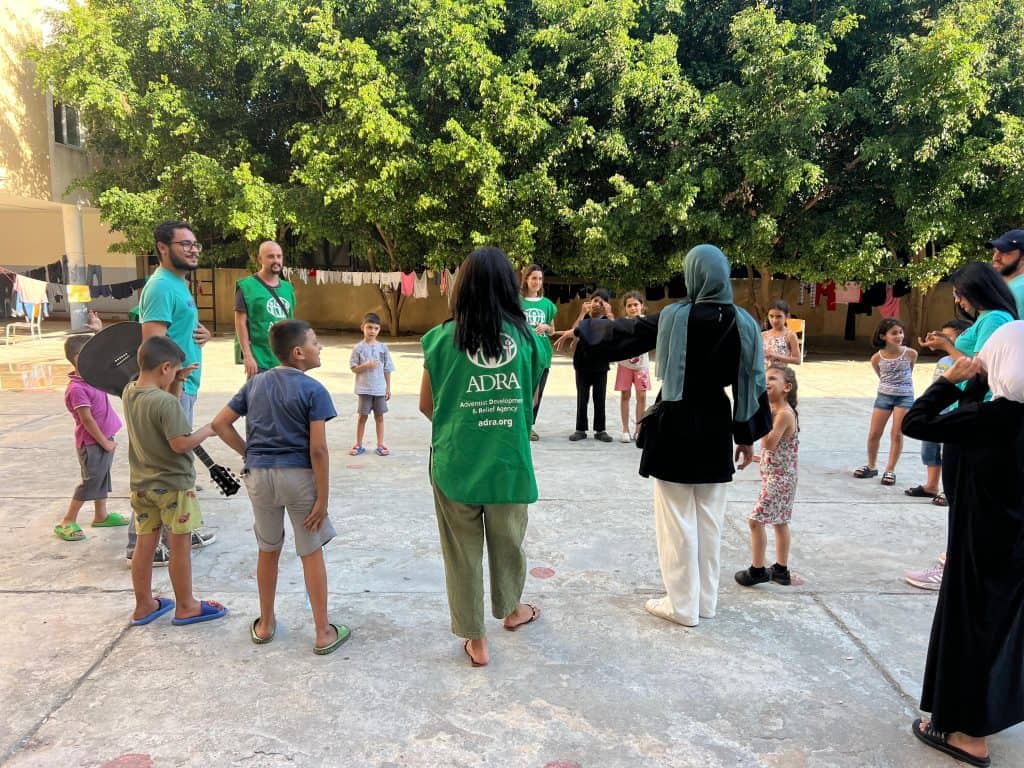
- Educational Support: Distribution of textbooks, uniforms, and educational kits for displaced children, as well as access to non-formal education to encourage a return to school.
- School Rehabilitation: Restoration of damaged school infrastructure and provision of learning materials.
- Teacher Training: Capacity-building programs for teachers, focusing on psychosocial support and creating inclusive learning environments.
- Support for Children with Disabilities: Distribution of assistive devices like hearing aids and teacher training to promote inclusive education.
- Non-formal Education: Remedial classes for children falling behind or out-of-school, helping them reintegrate into formal education.
- Recreational and Mental Health Support: Psychosocial services, including recreational activities for children and mental wellness sessions for parents.
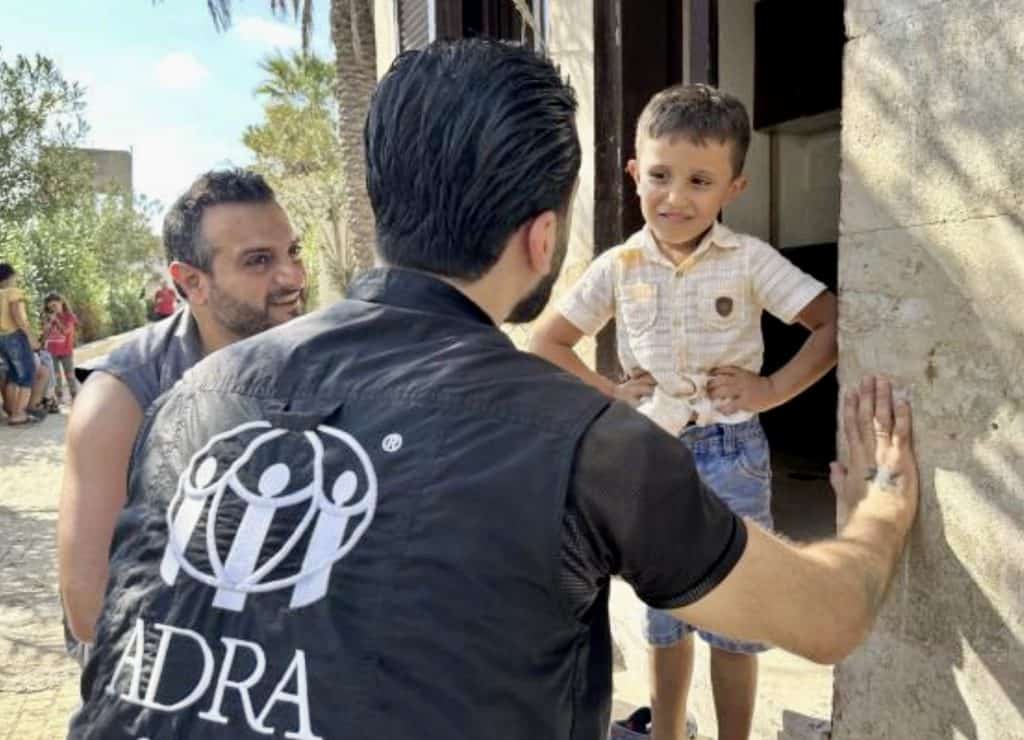
Winterization and Emergency Aid
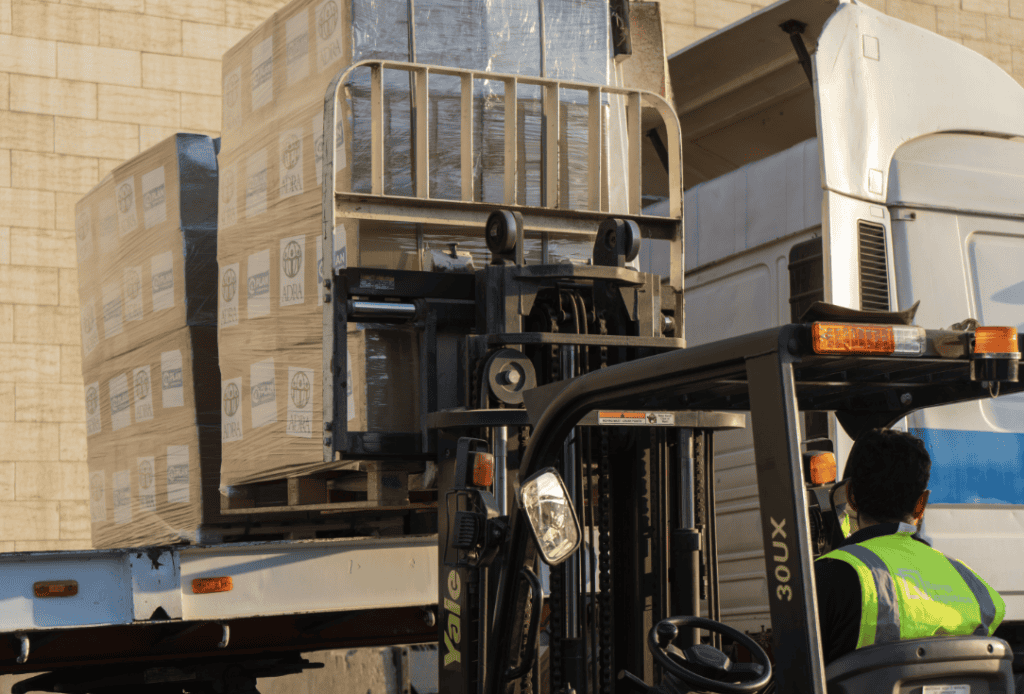
- Winterization Kits: Distribution of blankets, warm clothing, and other materials to help families cope with harsh winter conditions, particularly those with children or adults with special needs.
- Multi-purpose Cash Assistance: Providing families with the means to address their immediate needs, including for shelter, food, and other essentials.
Water, Sanitation, and Hygiene (WASH)
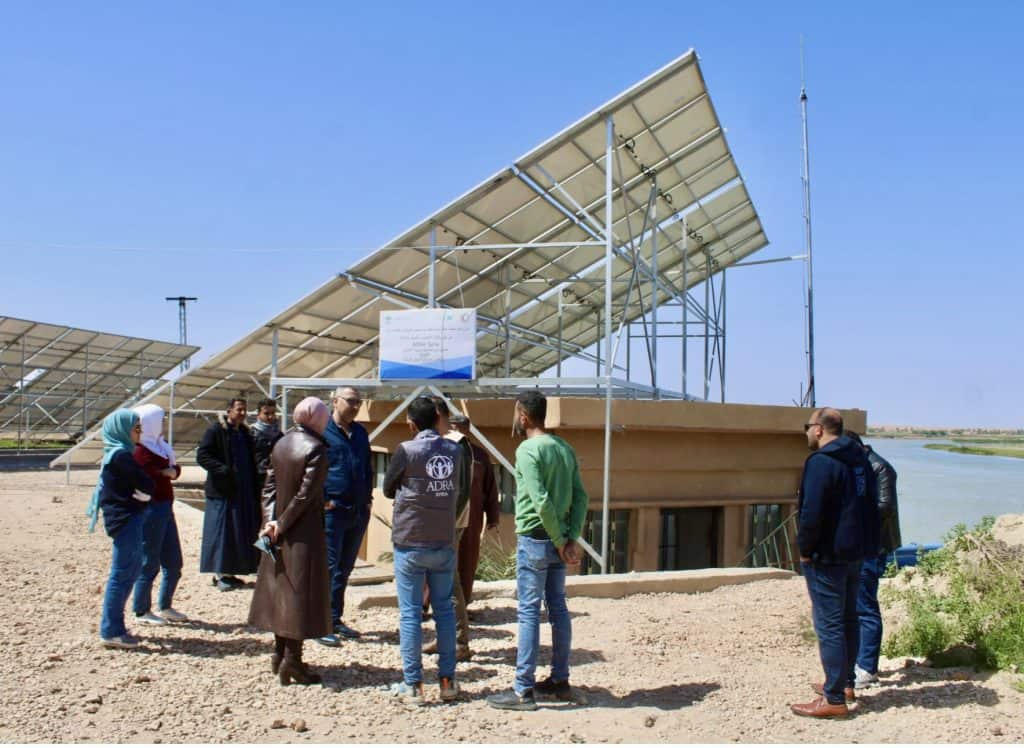
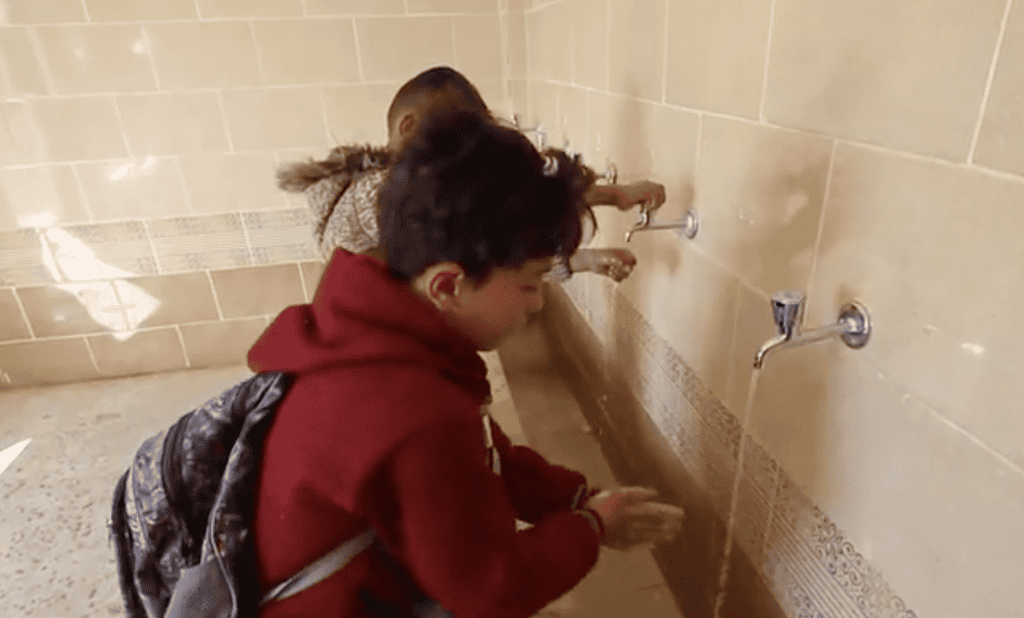
- Water Network Rehabilitation: Installation of solar-powered pumping stations and elevated water tanks, benefiting over 500 people with access to clean water in affected areas.
- Hygiene kits: Delivery of hygiene supplies to shelters, schools, and facilities hosting displaced families.
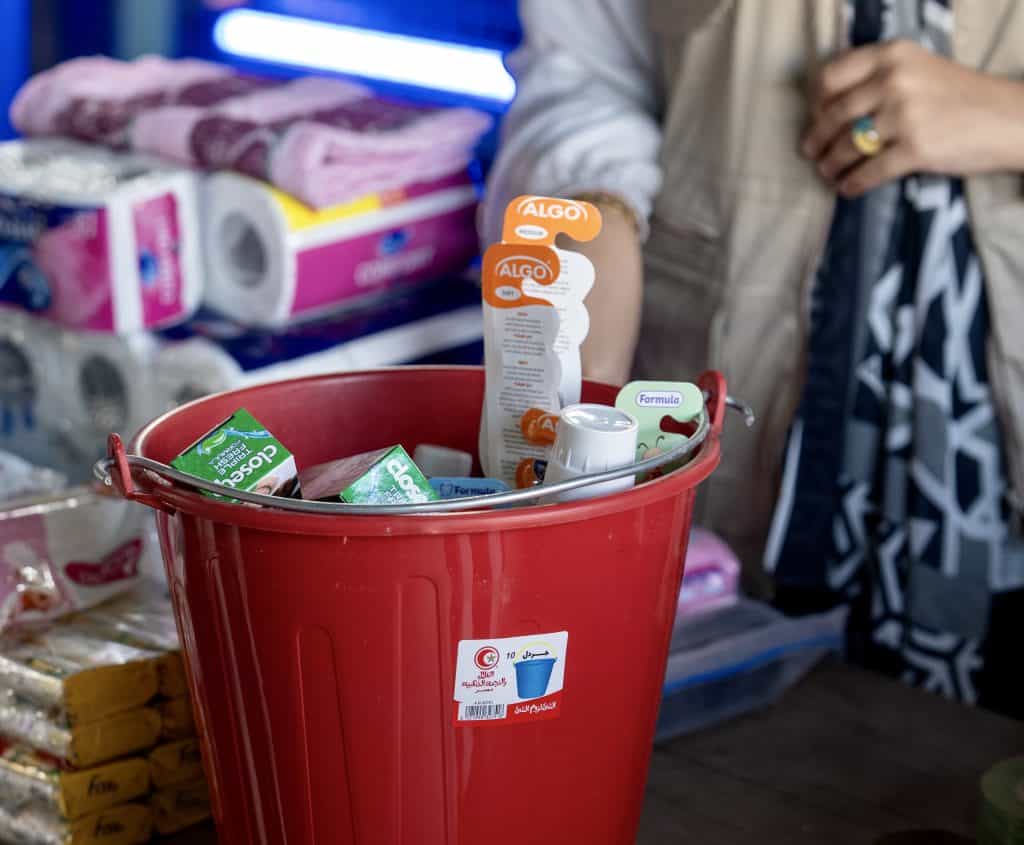
Call to Action
The humanitarian needs in the Middle East are overwhelming, yet in the face of such immense challenges, ADRA remains unwavering in its commitment to help. With justice, compassion, and love, ADRA stands by communities struggling to overcome the devastating impact of the current crisis.
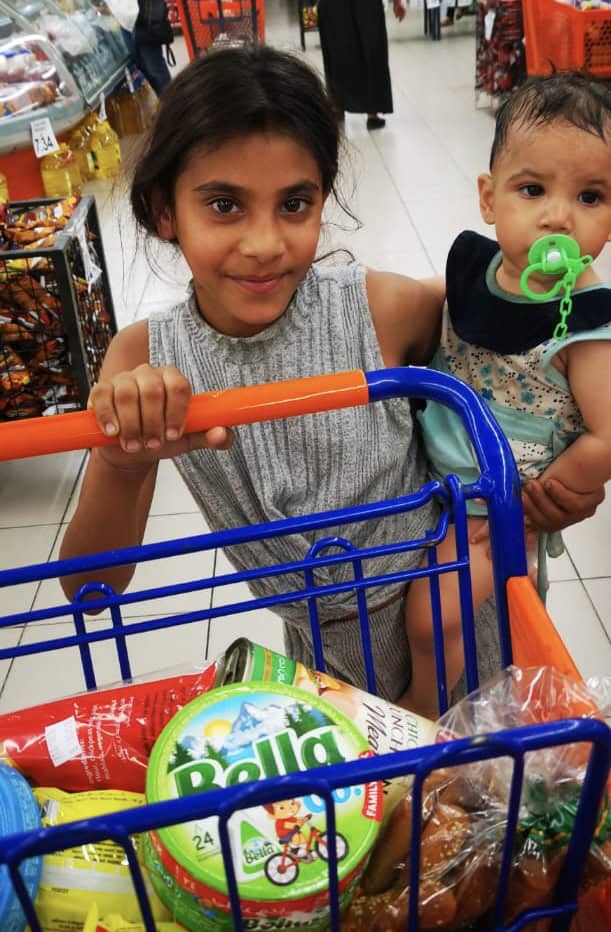
ADRA relies on the generosity and solidarity of people around the world. A small contribution can provide the hope that a family needs to survive. Click here to make a life-changing donation for ADRA’s work in the Middle East and around the world.
“ADRA is dedicated to helping those most affected by the current circumstances. We are deeply grateful for the support from donors, who empower us to deliver vital aid to communities in desperate need. Please keep Middle East communities in your thoughts and prayers as we continue to walk alongside them on their recovery journey,” says Kelly Dowling, emergency response program manager for ADRA International.
